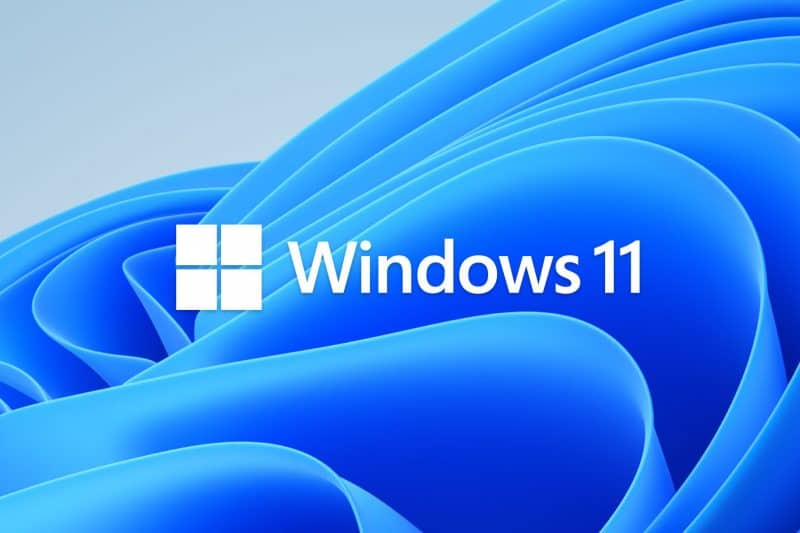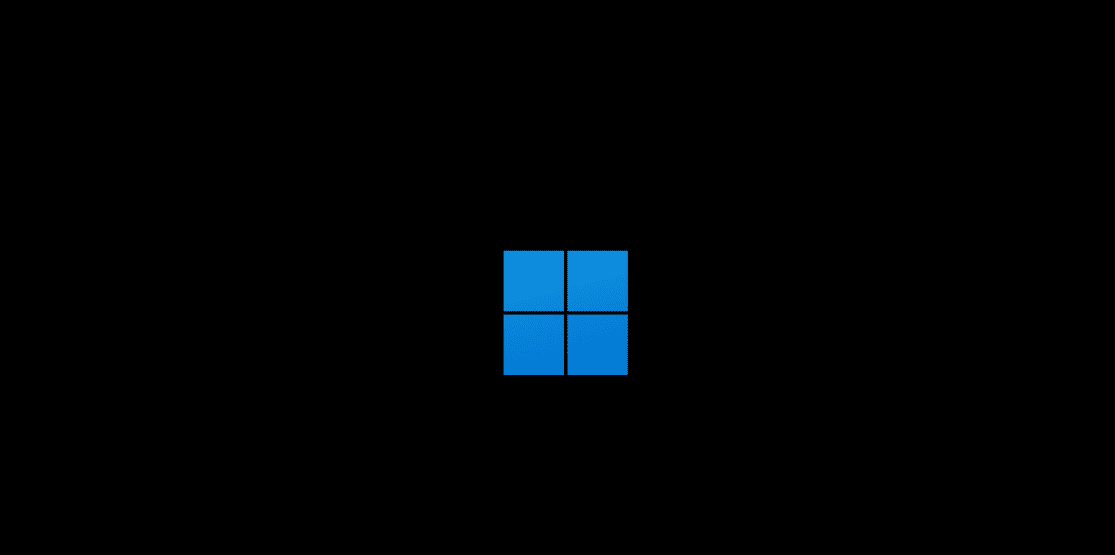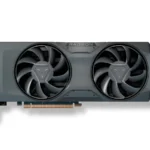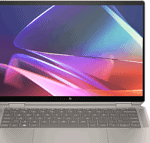Windows 11, Microsoft’s latest operating system, has been steadily gaining popularity since its release in 2021. However, recent data suggests that its market share growth has hit a slight snag. Some attribute this to a small decline in new PC building while others blame the onerous system requirements of Windows 11 (blocking many people with very capable PCs from upgrading).
It will be interesting to see how Microsoft responds to this recent trend and what strategies it employs to encourage more users to upgrade to Windows 11. The coming months will be crucial in determining the future trajectory of Windows 11 adoption.
Let’s take a closer look at the numbers and explore the possible reasons behind this recent trend.

Windows 11’s Stumble: A Pause in the Upgrade March?
A Small Dip in Market Share
According to StatCounter, Windows 11’s market share experienced a small decline in November 2024. It fell by roughly 0.64 percentage points, bringing its overall share to about 34.94%. This dip comes after months of consistent growth, making it a notable shift in the trend.
Windows 10 Holds Strong
While Windows 11’s share dipped, Windows 10 saw a corresponding increase. It now holds a dominant position in the market with around 61.83% share. This suggests that many users are sticking with the familiar and reliable Windows 10, at least for now.
Possible Reasons for the Slowdown
There are several possible explanations for this recent slowdown in Windows 11 adoption:
- System Requirements: Windows 11 has stricter system requirements than Windows 10, including the need for a TPM 2.0 chip. This has prevented some users from upgrading, especially those with older hardware.
- Initial Bugs and Issues: Like any new software, Windows 11 had its share of bugs and issues early on. While many of these have been addressed, some users may still be hesitant to upgrade due to negative early impressions.
- User Interface Changes: Windows 11 introduced a redesigned user interface, which some users found to be less intuitive than Windows 10. While Microsoft has made adjustments based on feedback, some users may still prefer the familiarity of Windows 10.
- Economic Factors: The current economic climate may also be playing a role. With rising inflation and uncertainty, some users may be delaying hardware upgrades, which are often necessary to meet Windows 11’s requirements.
The Future of Windows 11
Despite this recent dip, Windows 11 is still expected to grow in the long term. Microsoft is actively promoting the operating system and adding new features to make it more appealing to users. However, the slowdown in adoption suggests that the transition may be slower than Microsoft initially anticipated.
Windows Operating System Market Share (November 2024)
| Operating System | Market Share |
|---|---|
| Windows 10 | 61.83% |
| Windows 11 | 34.94% |
| Windows 7 | 2.41% |
| Other Windows versions | 0.82% |
Microsoft’s Push and the User Response
Interestingly, the dip in Windows 11’s market share comes despite Microsoft’s aggressive efforts to promote the new operating system. The company has been running extensive advertising campaigns and even resorting to full-screen pop-up ads on Windows 10 machines to encourage users to upgrade.
However, this strategy doesn’t seem to be having the desired effect. The recent market share numbers suggest that these promotional efforts may not be resonating with users. Some have even expressed frustration with the intrusive nature of the pop-up ads, which could be contributing to negative sentiment towards Windows 11.
This highlights a potential challenge for Microsoft. While pushing upgrades is important, it’s also crucial to ensure that the user experience remains positive. Aggressive tactics might backfire and create resistance among users, as the recent data seems to indicate. Microsoft may need to rethink its approach and find more user-friendly ways to encourage adoption of Windows 11.
Windows Market Share Trends
Recent data from Statcounter reveals shifting trends in Windows operating system usage. Windows 11, Microsoft’s latest offering, has experienced a slight decline in market share. The operating system dropped from 35.6% in October to 34.9% in November 2024.
Windows 10, in contrast, saw a modest increase. Its market share grew by nearly one percentage point, reaching 61.8%. This trend is particularly noticeable in the United States, where Windows 11 usage fell by over 3%, while Windows 10 gained a similar amount.
These statistics come from Statcounter’s analysis of over five billion monthly page views across 1.5 million global websites. While not official Microsoft figures, they provide a reliable indicator of market trends.
Microsoft’s efforts to boost Windows 11 adoption face several challenges:
- Hardware compatibility issues
- User resistance to change
- Limited new features to drive upgrades
Many Windows 10 devices cannot upgrade due to Windows 11’s stricter hardware requirements. Some users also report dissatisfaction with the new interface, leading to downgrades in some cases.
Despite these challenges, Windows 11 has made progress since its release:
- It now holds more than half of Windows 10’s market share
- New PCs typically come with Windows 11 pre-installed
Microsoft continues to promote Windows 11 through various means:
- Full-screen ads on Windows 10 machines
- Integration of features like the Edge browser
However, these efforts have not yet resulted in the widespread adoption Microsoft likely hoped for. The company faces a ticking clock, with support for most Windows 10 editions set to end in October 2025.
As the upgrade deadline approaches, Microsoft may need to consider new strategies to encourage Windows 11 adoption. Potential options could include:
- Addressing user concerns about the interface
- Expanding hardware compatibility
- Introducing more compelling features
The coming months will be crucial for Microsoft as it aims to shift more users to its latest operating system before Windows 10 support expires.







